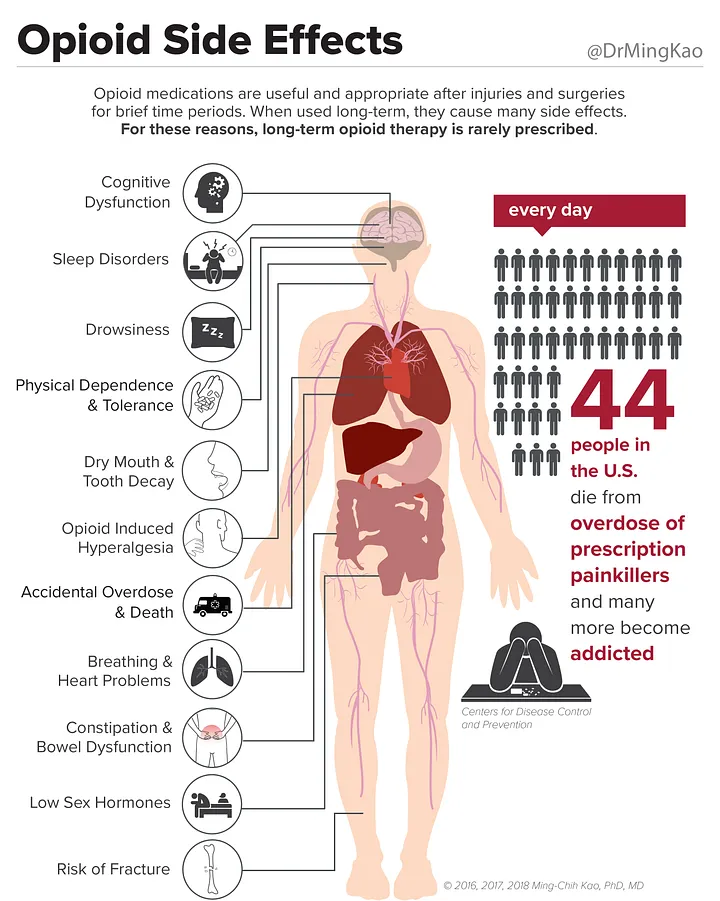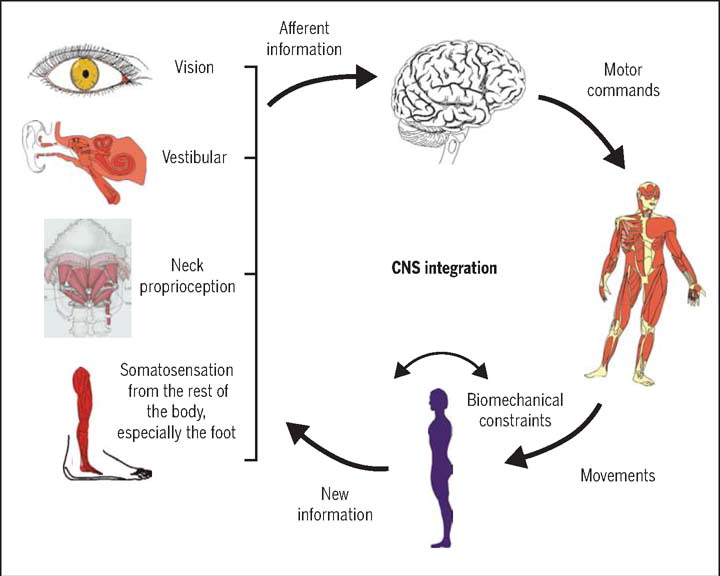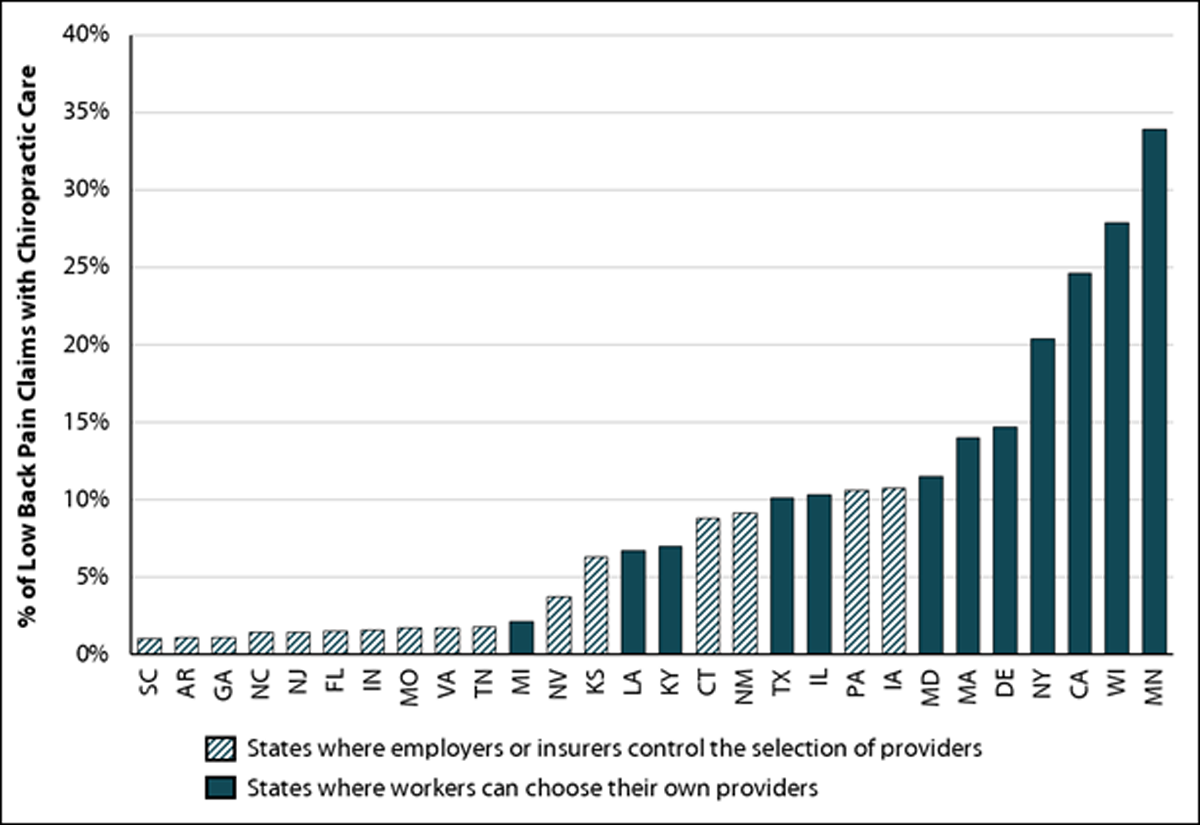Systematic Review of Self-Reported Prognosis in Adults After Mild Traumatic Brain Injury: Results of the International Collaboration on Mild Traumatic Brain Injury Prognosis
Arch Phys Med Rehabil. 2014 (Mar); 95 (3 Suppl): S132–151
J. David Cassidy, PhD, DrMedSc, Carol Cancelliere, DC, MPH,
Linda J. Carroll, PhD, Pierre Côté, DC, PhD,
Cesar A. Hincapié, DC, MHSc, Lena W. Holm, et al.
Institute of Sports Science and Clinical Biomechanics,
Faculty of Health, University of Southern Denmark,
Odense, Denmark
OBJECTIVE: To update the mild traumatic brain injury (MTBI) prognosis review published by the World Health Organization Task Force in 2004.
DATA SOURCES: MEDLINE, PsycINFO, Embase, CINAHL, and SPORTDiscus were searched from 2001 to 2012. We included published, peer-reviewed studies with more than 30 adult cases.
STUDY SELECTION: Controlled trials and cohort and case-control studies were selected according to predefined criteria. Studies had to assess subjective, self-reported outcomes. After 77,914 titles and abstracts were screened, 299 articles were eligible and reviewed for scientific quality. This includes 3 original International Collaboration on MTBI Prognosis (ICoMP) research studies.
DATA EXTRACTION: Eligible studies were critically appraised using the Scottish Intercollegiate Guidelines Network criteria. Two reviewers independently reviewed each study and tabled data from accepted articles. A third reviewer was consulted for disagreements.
DATA SYNTHESIS: Evidence from accepted studies was synthesized qualitatively into key findings, and prognostic information was prioritized according to design as exploratory or confirmatory. Of 299 reviewed studies, 101 (34%) were accepted and form our evidence base of prognostic studies. Of these, 23 addressed self-reported outcomes in adults, including 2 of the 3 original ICoMP research studies. These studies show that common postconcussion symptoms are not specific to MTBI/concussion and occur after other injuries as well. Poor recovery after MTBI is associated with poorer premorbid mental and physical health status and with more injury-related stress. Most recover over 1 year, but persistent symptoms are more likely in those with more acute symptoms and more emotional stress.
There are more articles like this @ our new:
CONCLUSIONS: Common subjective symptoms after MTBI are not necessarily caused by brain injury per se, but they can be persistent in some patients. Those with more initial complaints and psychological distress recover slower. We need more high-quality research on these issues.
KEYWORDS: Craniocerebral trauma; Prognosis; Recovery of function; Rehabilitation
From the FULL TEXT Article:
Background
Mild traumatic brain injury (MTBI) is a common injury after falls and traffic collisions. [1] It represents 70% to 90% of all TBI and has been estimated to affect more than 600 adults per 100,000 each year. [2] MTBI or concussion has received increasing attention mostly because of contact sports, especially American football and ice hockey. [3] As a result, there is more public attention and concern about potential long-lasting effects. Clinicians must deal with concerned patients who want to know how long their symptoms might last and what to expect in the future. These concerns can only be addressed by high-quality prognostic studies that follow up defined cohorts of injured subjects and use valid measures of prognostic factors and outcomes.
In 2004, the World Health Organization (WHO) Collaborating Centre Task Force on MTBI published the first systematic review [4] of the literature on the course and prognosis after MTBI. They searched MEDLINE, PsycINFO, CINAHL, and Embase up to the year 2000 and found 427 research articles on prognosis. After critically reviewing these studies, 120 (28%) were found to be of sufficient scientific quality to be included in their best-evidence synthesis. Of these studies, 16 focused on subjective symptoms in adults. The Task Force concluded that self-reported symptoms such as headache, fatigue, self-perceived cognitive deficits, and other symptoms reported after concussive events are also common in the acute stage of other injuries, and they are not specific to MTBI. Furthermore, these subjective symptoms are commonly associated with pain, depression, anxiety, posttraumatic stress, litigation, and other injury-related factors. Therefore, the Task Force recommended that postconcussion symptoms be assessed in the light of all contributing psychosocial factors and not be automatically attributed to brain injury per se.
In addition, the use of terms such as postconcussion syndrome (PCS) might be misleading because of doubts about the etiology of some subjective postconcussion symptoms. The Task Force found that most patients recover within 3 months to a year but that compensation-related litigation can prolong recovery. Other factors associated with prolonged symptoms were preexisting physical limitations, prior brain injury, prior neurologic problems, psychiatric problems, stress, being a student, sustaining an MTBI in a motor vehicle collision, and age >40 years. They found evidence to suggest that premorbid personality and prior psychiatric history contribute to post-MTBI stress and psychological problems, which in turn are associated with more self-reported symptoms. Also, those with more severe MTBI (eg, Glasgow Coma Scale [GCS] score of 14 or 13 and MTBI complicated by intracranial lesions and/or depressed skull fracture) have more disability than those with a GCS score of 15. Overall the Task Force concluded that self-reported symptoms were common, but there was a need for more high-quality studies on their cause, course, and prognosis.
The International Collaboration on MTBI Prognosis (ICoMP) is a team of clinicians and scientists assembled to update the WHO Collaborating Centre Task Force findings on MTBI. [5] ICoMP includes many of the same members who served on that task force, and were selected for their expertise in epidemiology of MTBI, clinical management of MTBI, or both. Our purpose here is to update the WHO findings on course and prognosis in adults with respect to self-reported outcomes.
Read the rest of this Full Text article now!






Leave A Comment